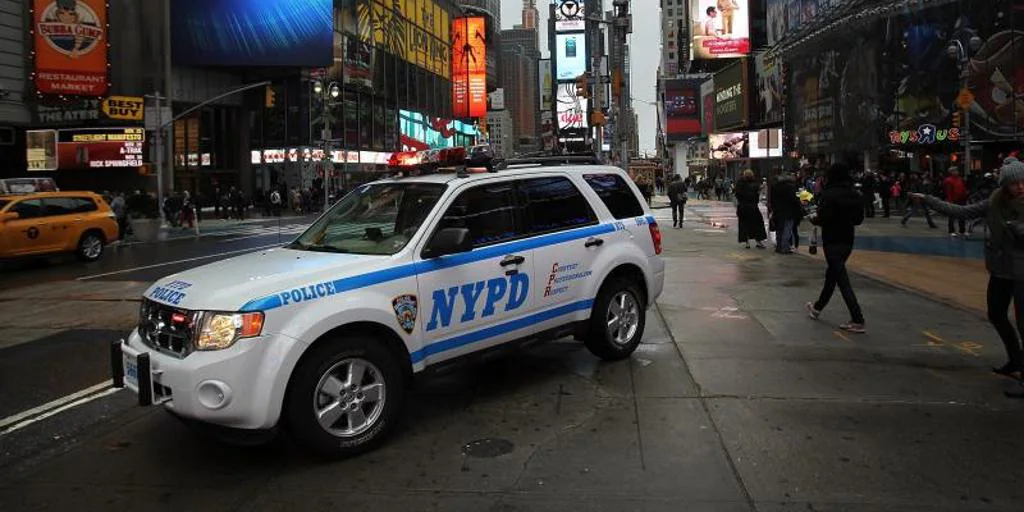NOS News•
Farmers do not know where they can and cannot spread manure in the vicinity of ditches because the maps of Dutch ditches are incorrect. Minister Adema of Agriculture calls it a difficult problem.
“Many farmers have pointed out to us that there are differences between our digital system and reality,” says Adema. “They can’t be the victims of that.” For the time being, in doubtful cases, farmers must determine for themselves which fertilizer rule their ditches fall under and report this.
The ditch maps are important because the Netherlands must start with stricter manure regulations this year to make nature and surface water cleaner. Adema hoped that this would not have to be done until 2024, but the European Commission canceled that. It must now be March 1.
European Commissioner Sinkevicius made it clear that the Netherlands really must comply with the agreements, otherwise the Netherlands will lose its flexible fertilizer agreements, the so-called derogation, completely.
Water-bearing ditches
One of the agreements that will take effect this year is not to spread manure bufferzones along so-called water-carrying ditches.
Buffer zones of 3 to 5 meters from the side apply to these ditches, through which water flows that can carry manure and pesticides with it. For dry ditches, where, for example, only excess rainwater is collected, a buffer zone of one meter applies.
On the map of the body responsible for checking this, the RVO, many dry ditches are indicated as water ditches. Farmers have filed complaints about this because they have lost meters of land to spread manure and grow on.
The fact that the lock maps are not correct can also have a detrimental effect on nature. D66 and GroenLinks, among others, are afraid that farmers will drain more and more ditches to get rid of the wide buffer zones.
Parliamentary questions have been asked about a recent investigation in which two thirds of the farmers indicate that they want to fill in ditches to be able to dispose of more manure.
Formally, filling in locks must be requested from the water boards, but supervision is difficult with unclear maps. Minister Adema says that the RVO will check, but how that will work in practice with the large number of locks in the Netherlands is not clear.
Adema: “But there is no question of filling in. We need ditches for our water storage, water drainage and they are important elements in our landscape.”


